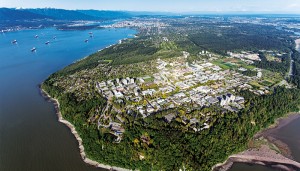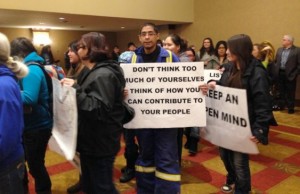In October, the university proposed increases in international tuition and residence fees – 10% and 20%, respectively. The school has put forth many reasons for their, somewhat shocking, proposition.
UBC believes it has become a “discount option” for prospective students. Meaning, people choose UBC because it is cheaper than attending U of T or McGill. The University should not be able to justify their price increases by the fact other schools of the same calibre are more expensive. Personally, I think this is a weak argument for what they really want – more money.
However, I think the school’s most ludicrous case is their idea of offering student housing at market prices. Post-secondary is on the verge of being unaffordable for many students. I do not think student housing is supposed to be of market value! We are talking about students! Their main concern should be to focus on their studies, rather than to worry about their next debt payment.
If I were a prospective student for the 2014/15 school year having to endure the expense of a 20% increase in housing, I may not chose UBC. However, now that this increase would affect me for 2nd year, I am encouraged to search for off campus housing that is cheaper.
More importantly, UBC is restricting itself to a narrow group of students who can afford its costs, and limiting the potential that a variety of new students would bring to the school.




Recent Comments